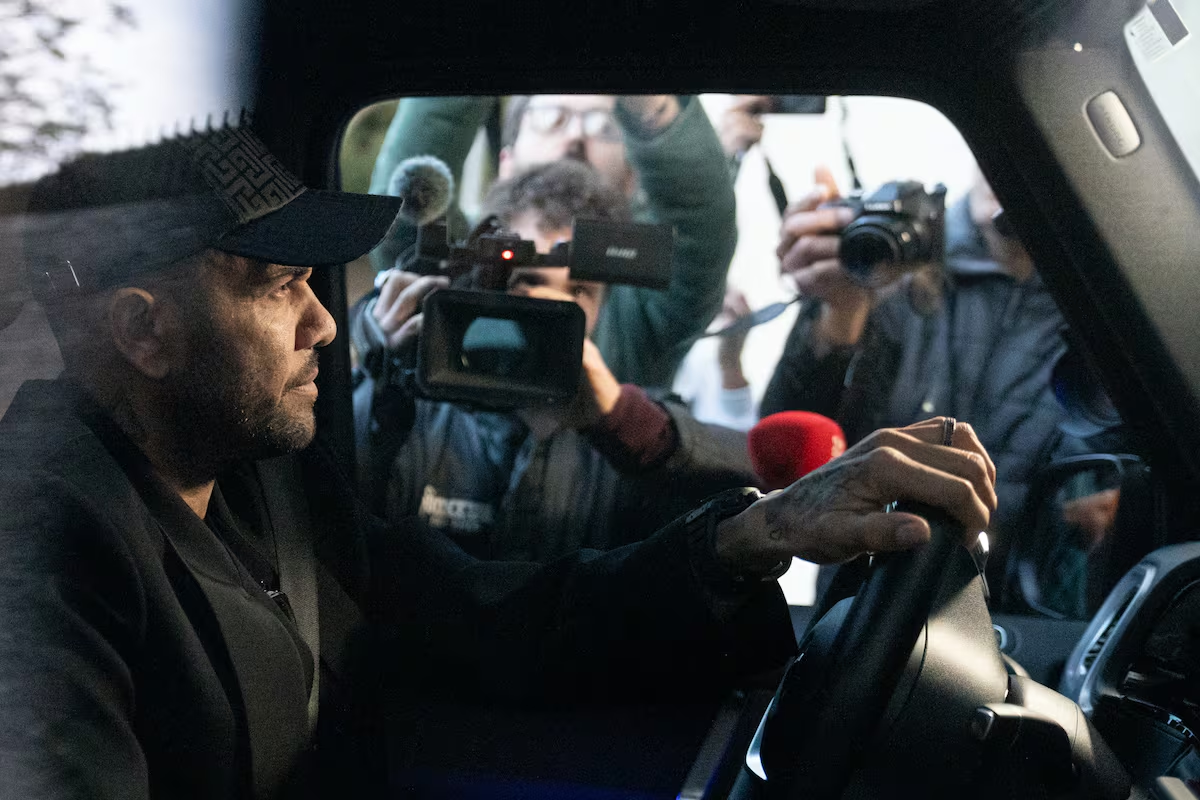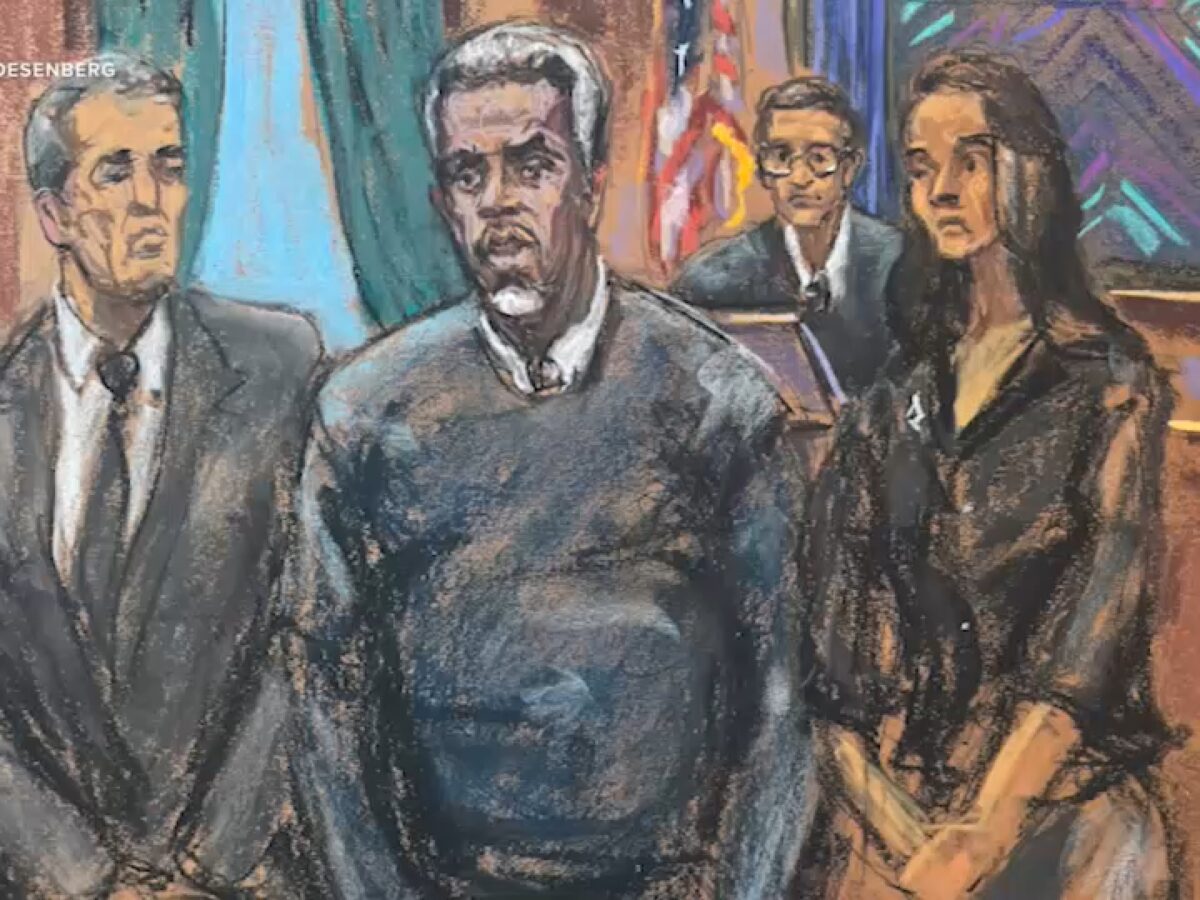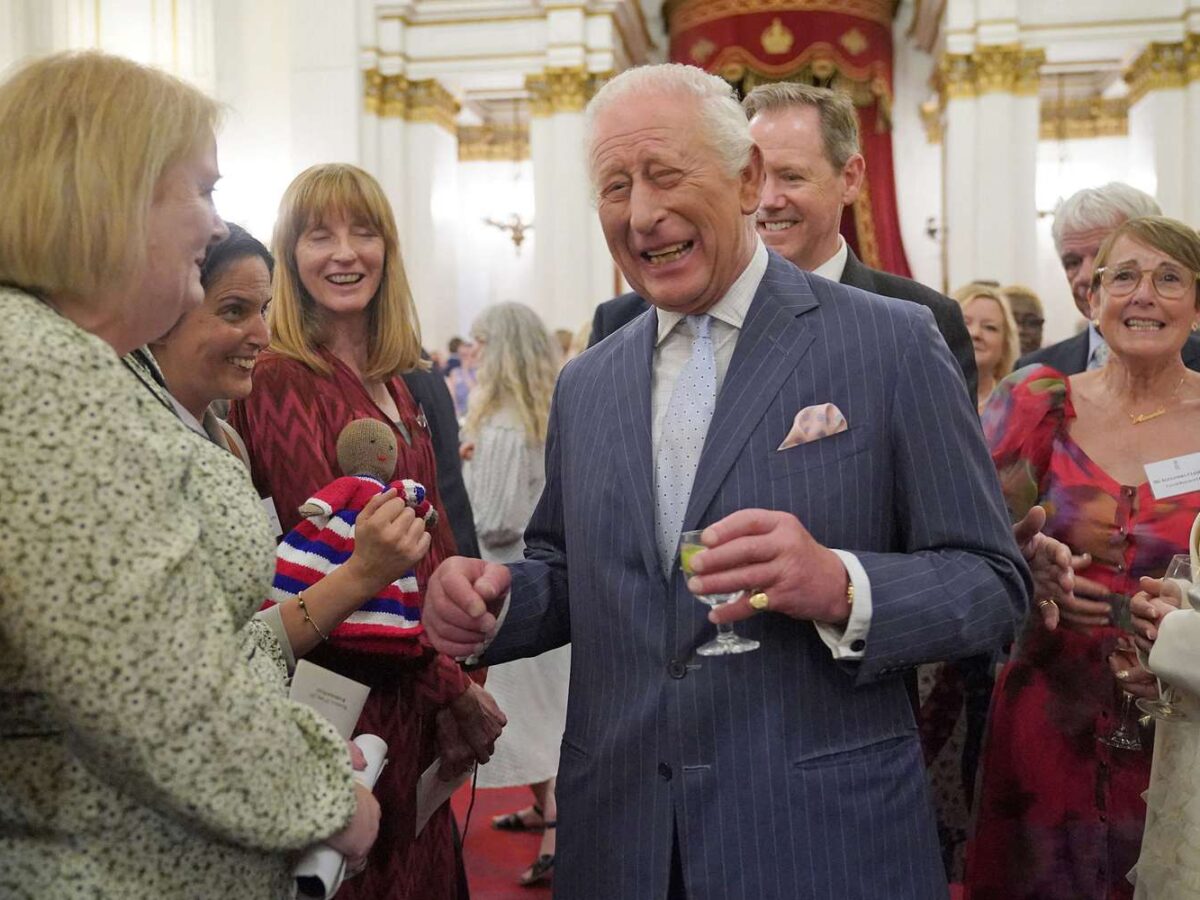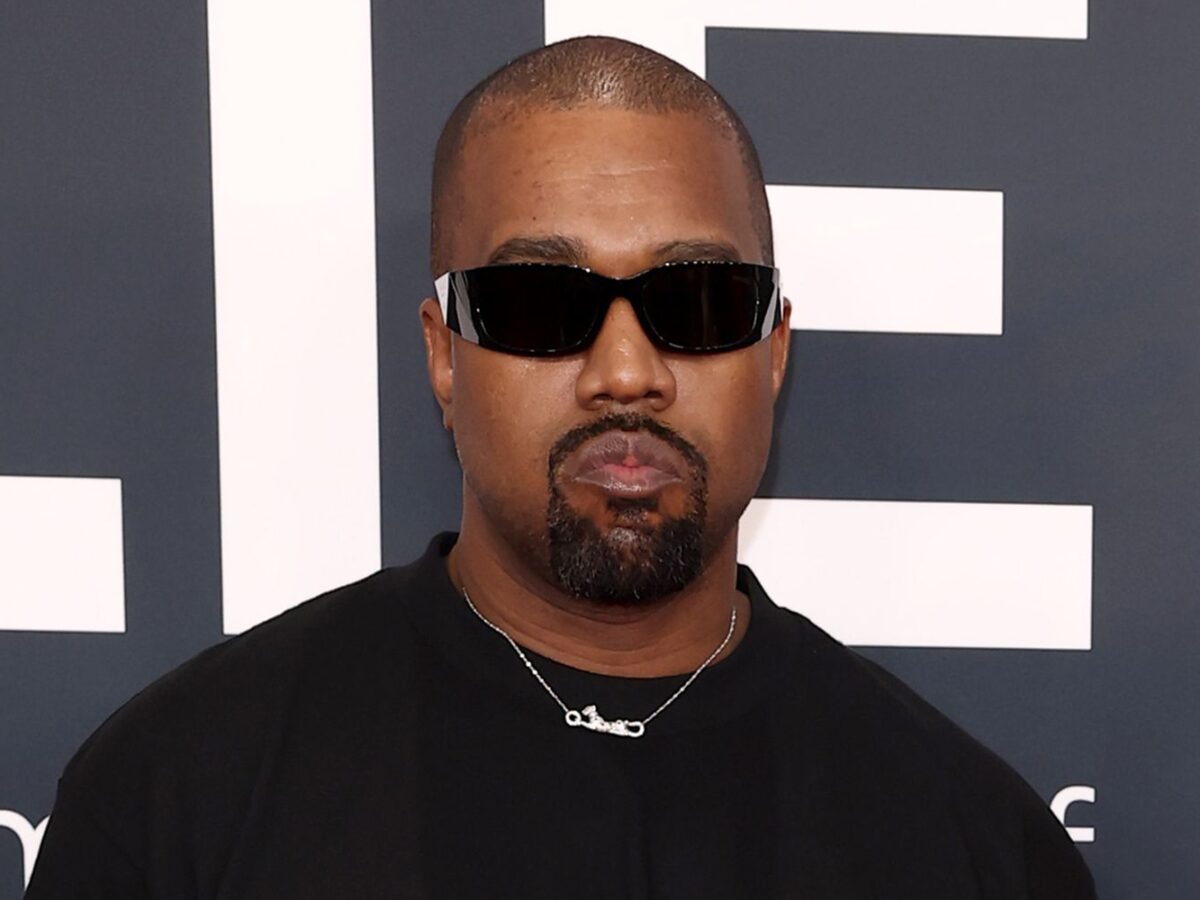The case that shook Spanish football and sparked international debate has taken an unexpected turn: the High Court of Justice of Catalonia (TSJC) has acquitted Dani Alves of sexual assault. The ruling, issued by the court’s appeals section, not only overturns the original four-year sentence but questions the reliability of the accuser’s testimony.
This unanimous decision has ignited controversy. Some celebrate the former Barcelona star’s release, while others see this as a setback in the ongoing fight against sexual violence. The court stated that “the standards required by the presumption of innocence have not been met,” citing major flaws in how the lower court evaluated the evidence.
Unreliable Testimony and Flawed Evidence
At the center of the acquittal lies the claim that the victim’s testimony was not reliable. The majority-female panel of judges emphasized the need to distinguish between credibility, which reflects subjective belief, and reliability, which must be backed by objective elements. In this case, the judges concluded that the evidence presented was not strong enough to uphold the allegations.
A critical point in the verdict was the review of surveillance footage from Sutton, the Barcelona nightclub where the alleged incident took place. Although there were no cameras in the bathroom where the accuser claimed she was raped, footage from earlier in the night shows her dancing with Alves in what the court describes as “normal and joyful behavior.” This inconsistency, according to the court, severely undermines the truthfulness of her account.
Judge María Àngels Vivas, who led the ruling, pointed out that forensic evidence—such as Alves’s fingerprints in the bathroom and his DNA found in the victim’s mouth—was not fully examined during the original trial. This lack of scrutiny, they argue, weakens the foundation of the conviction.
Legal and Social Repercussions of the Ruling
The ruling has drawn swift responses. Inés Guardiola, Alves’s attorney, told RAC1 they were “overjoyed that justice was served.” In contrast, Ester García, the lawyer for the accuser, told El País that the decision could discourage future victims from coming forward.
This case opens broader discussions about how Spanish courts interpret the presumption of innocence in sexual assault cases—especially when victim testimony is often the main piece of evidence. The TSJC clarified that it was not endorsing the defense’s version of events, only that the allegations could not be proven beyond reasonable doubt.
The court also stated that psychological evaluations of the victim’s trauma did not conclusively link her condition to the alleged assault. Instead, stress and anxiety may have been influenced by post-event social pressure, making them unreliable as evidence of the crime.
Dani Alves Walks Free, But What’s Next?
With the court nullifying all precautionary measures, Dani Alves—who spent 14 months in pre-trial detention and was released after posting a one-million-euro bail—walks free. His professional future remains unclear. After playing for Juventus, Paris Saint Germain, and Sevilla, he had publicly stated his desire to return to football once his legal issues were resolved.
Still, this high-profile case leaves a lasting mark on both the legal and public spheres. At a time when accountability and scrutiny are at their peak, this acquittal raises serious questions: Can the justice system ensure fair trials for both the accused and the accuser? And what message does this ruling send to future victims of sexual violence?













